All Stories
-
 Humans
HumansHere’s where jazz gets its swing
Swing, the feeling of a rhythm in jazz music that compels feet to tap, may arise from near-imperceptible delays in musicians’ timing, a study shows.
By Nikk Ogasa -
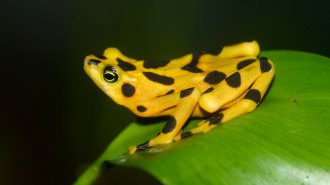 Health & Medicine
Health & MedicineLosing amphibians may be tied to spikes in human malaria cases
Missing frogs, toads and salamanders may have led to more mosquitoes and potentially more malaria transmission, a study in Panama and Costa Rica finds.
-
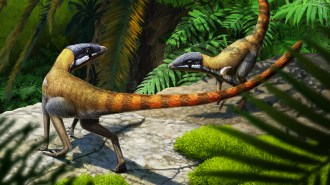 Paleontology
PaleontologyPterosaurs may have evolved from tiny, fast-running reptiles
A mysterious little ground-dwelling reptile unearthed in a Scottish sandstone over 100 years ago turns out to be part of a famous flying family.
-
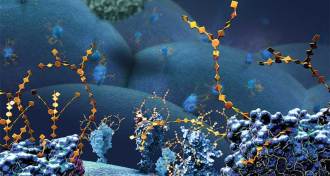 Chemistry
ChemistryA way to snap molecules together like Lego wins 2022 chemistry Nobel
Click chemistry and bioorthogonal chemistry allow scientists to build complex molecules in the lab and in living cells.
By Meghan Rosen and Nikk Ogasa -
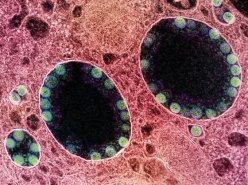 Health & Medicine
Health & Medicine‘Breathless’ explores COVID-19’s origins and other pandemic science
In his new book, David Quammen examines what we’ve learned about SARS-CoV-2 and puts the pandemic in the context of previous coronavirus scares.
-
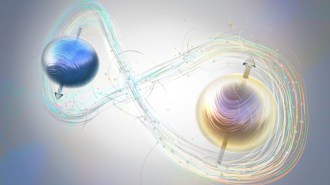 Physics
PhysicsQuantum experiments with entangled photons win the 2022 Nobel Prize in physics
Three pioneers in quantum information science share this year’s Nobel Prize in physics.
-
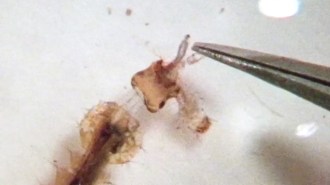 Animals
AnimalsVideo captures young mosquitoes launching their heads to eat other mosquitoes
New high-speed filming gives a first glimpse of mosquito hunting too fast for humans to see.
By Susan Milius -
 Physics
PhysicsDespite a retraction, a room-temperature superconductor claim isn’t dead yet
A high-profile retraction called a superconductivity result into question. But a new experiment appears to support it.
-
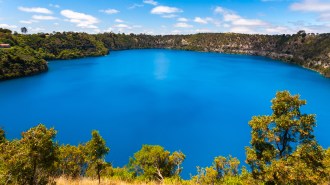 Climate
ClimateClimate change could turn some blue lakes to green or brown
As temperatures rise, more than 1 in 10 of the world’s blue lakes could change color, reflecting holistic shifts in lake ecosystems.
-
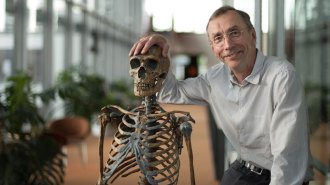 Health & Medicine
Health & MedicineGenetics of human evolution wins 2022 Nobel Prize in physiology or medicine
By figuring out how to extract DNA from ancient bones, Svante Pääbo was able to decipher the genomes of our hominid relatives.
By Tina Hesman Saey and Aimee Cunningham -

-

Next-gen science as told by next-gen journalists
With the release of Science News' "SN 10: Scientists to Watch" list, editor in chief Nancy Shute discusses the bright future of science and science journalism.
By Nancy Shute